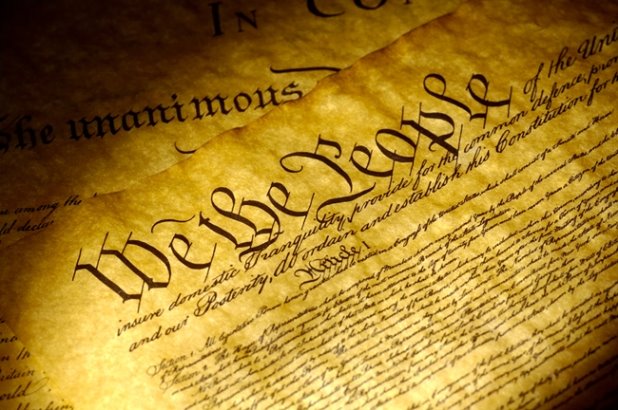FBI’s Partisan Witch Hunt – Is Bureau Purging Agents Who Simply Attended Jan. 6 Rally?
Bureau whistleblowers are claiming that the FBI is using the January 6 riot at the Capitol as a pretext to perform a political purge of agents. This purge targets FBI agents and…

